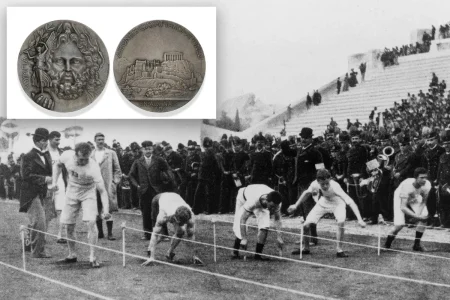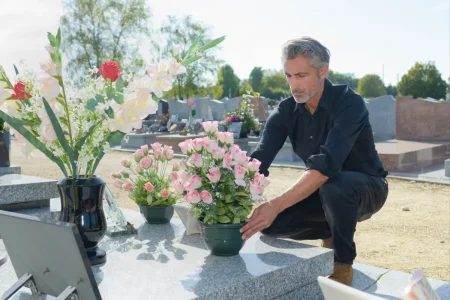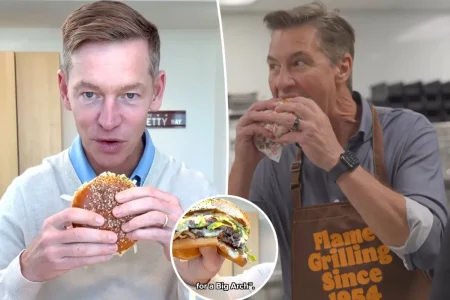Where Love Struggles: A Geographic Look at American Relationships
In a revealing study that maps the emotional terrain of American relationships, researchers have identified where couples are experiencing the most difficulties across the United States. By analyzing per-capita Google searches for phrases like “couples therapy,” “divorce lawyers,” and “how to save your marriage,” the interactive research tool Spin the Wheel Generator has painted a fascinating picture of relationship distress across the country. The results not only highlight geographic patterns but also offer insights into the complex factors that influence our romantic connections—from economic pressures to cultural expectations and the varying resources available to troubled couples.
Colorado tops the list as America’s most romantically challenged state, where relationships appear to be as rocky as its famous mountains. With approximately 12,000 monthly searches for relationship help—equating to 204 searches per 100,000 residents—Coloradans are reaching out for guidance at rates higher than anywhere else in the nation. Not far behind is New Jersey, claiming the second spot with 17,756 monthly searches (191 per 100,000 residents), while New York follows closely in third place with 36,883 monthly searches (188 per 100,000). Relationship expert Susan Winter explains that these high-pressure environments naturally create strain on couples: “New York and New Jersey are fast-paced, high-pressure environments that attract ambitious, career-driven individuals. The relentless pace of metropolitan life, coupled with ongoing struggles for work-life balance, often adds significant strain to romantic relationships.” This urban pressure cooker seems to create particular challenges for maintaining healthy connections.
The types of searches reveal different approaches to relationship problems across states. “Divorce lawyer near me” emerged as the most commonly searched phrase in New Jersey and five other states, suggesting couples in these areas may be more ready to end troubled relationships rather than repair them. In contrast, “couples therapy” dominated searches in New York and 38 other states, which Winter interprets optimistically: “This suggests that most Americans are conscious of the fact that issues exist and are seeking a remedy.” Such differences highlight varying cultural approaches to relationship challenges—some communities may view therapy as a constructive path forward, while others may see divorce as the cleaner break when problems arise. Utah and Massachusetts round out the top five states with the most troubled relationships, completing a picture where both urban centers and some less densely populated states experience significant relationship distress.
On the more encouraging side of the spectrum, South Dakota appears to host America’s most contented couples, with just 689 monthly searches for relationship help, or 75 per 100,000 residents. Mississippi follows as the second-happiest state for relationships, with Arkansas, Louisiana, and Alaska completing the top five states where couples seem to be faring best. At first glance, this might suggest that rural living and smaller communities foster stronger relationships—perhaps due to stronger community ties, less hectic lifestyles, or different expectations around marriage and partnership. The stark contrast between these states and relationship hotspots like Colorado and New York raises intriguing questions about how geography, culture, and lifestyle impact our most intimate connections.
However, Dr. Wendy Walsh, a relationship expert from DatingAdvice.com, offers an important caveat to these findings. She suggests that lower search rates in states like South Dakota and Mississippi might not necessarily indicate greater relationship satisfaction, but could instead reflect economic disparities that limit access to professional help. “It’s no secret that South Dakota, Mississippi, Arkansas and Louisiana have much lower median household incomes than New Jersey and New York,” Walsh notes. “People who struggle in a lower socio-economic strata… do not have the resources—monetarily and educationally—to reach out for professional help.” This insight adds crucial nuance to the data, reminding us that search behavior reflects not only relationship problems but also the means and cultural inclination to seek certain types of solutions.
The study ultimately reveals that relationship challenges are universal, though how we experience and address them varies significantly across different regions and demographic groups. In urban centers with high living costs and demanding work cultures, couples face particular pressures that may contribute to relationship strain, while having more access to professional support services. Meanwhile, in rural or economically disadvantaged areas, couples might face different challenges but have fewer resources to address them through formal channels like therapy or legal services. Rather than simply identifying “where love goes to die,” this research illuminates the complex interplay between geography, economics, culture, and relationships in America. It reminds us that supporting healthy relationships requires understanding these varied contexts and ensuring that all couples, regardless of location or economic status, have access to the resources they need when love hits a rough patch.














